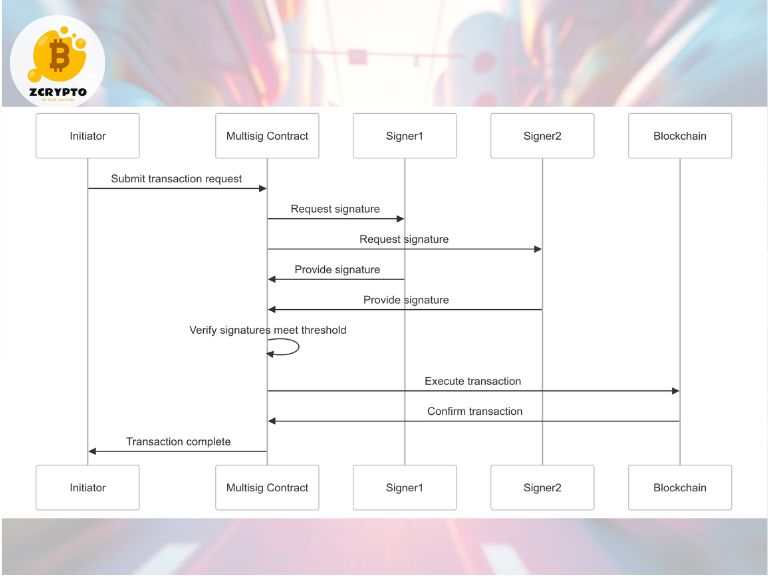The Need for Economic Justice
The need for economic justice is underscored by the significant disparities in financial access faced by underserved communities. Statistics reveal that these communities suffer from profound economic instability, with limited access to credit, savings, and investment opportunities. For example, in Philadelphia, nearly one in four residents live below the poverty line, illustrating a systemic issue that requires comprehensive solutions.
The racial wealth gap is another critical aspect of this issue. Data shows that Black and Hispanic households hold significantly less wealth compared to White households, perpetuating cycles of poverty and limiting economic mobility. Addressing these disparities is essential for creating a more equitable society.
Key Entities and Initiatives
Opportunity Finance Network (OFN) and the Finance Justice Fund
The Opportunity Finance Network (OFN) Finance Justice Fund is a pivotal initiative aimed at bringing over $1 billion in capital to underserved communities. This fund focuses on providing low-cost, long-term debt and grant capital to Community Development Financial Institutions (CDFIs). CDFIs play a crucial role in delivering financial services to people who are often overlooked by traditional banking systems.
For instance, the OFN Finance Justice Fund has supported CDFIs like Self-Help Credit Union, which has provided critical financing for small businesses and affordable housing projects. These investments have tangible impacts on community development, creating jobs and improving living conditions.
Economic Justice Fund
The Economic Justice Fund is dedicated to providing fair and affordable financing, financial training, and credit building services. This organization collaborates with other leading entities in community development finance to ensure comprehensive support for underserved communities.
Led by experienced professionals with a deep understanding of economic justice issues, the Economic Justice Fund’s team works tirelessly to bridge the financial gap. Their mission is rooted in core values of equity, inclusivity, and sustainability.
The Economic Justice Partnership (TEJP)
The Economic Justice Partnership (TEJP) stands out for its innovative approach to financial literacy education. TEJP hosts financial literacy workshops for middle, high school, and college students, particularly targeting first-generation or lower-income students. These workshops are designed to equip young people with the knowledge they need to make informed financial decisions.
One of TEJP’s unique aspects is its focus on racially informed financial literacy education. This approach acknowledges the historical and systemic barriers that have hindered financial progress for certain racial groups. Initiatives like these not only educate but also empower future generations to break cycles of poverty.
Strategies for Empowerment
Small Business Empowerment and Support
Empowering small businesses is a cornerstone of economic justice initiatives. Organizations like Economic Justice STL have outlined strategies to support small, minority, and woman-owned businesses. These include establishing an Economic Empowerment Center, leveraging technical assistance programs, and creating a robust network of small business lending and grant offerings.
Supporting these businesses is crucial because they are often the backbone of local economies. By providing them with the necessary resources and support, these initiatives help create jobs and stimulate economic growth within underserved communities.
Workforce Development
Workforce development is another critical strategy for empowering economic justice. Initiatives focus on expanding training and apprenticeship pipelines, forming strategic partnerships with employers, and focusing on high-paying trades and quality jobs.
These efforts ensure that individuals have the skills they need to secure well-paying jobs, thereby improving their economic stability. By aligning workforce development with industry needs, these initiatives can drive long-term economic growth.
Education and Financial Literacy
Expanding access to quality education and financial literacy programs is essential for achieving economic justice. Initiatives such as year-round youth-to-jobs programs, adult education, and digital literacy training are vital components of this strategy.
For example, programs that offer financial literacy training help individuals manage their finances effectively, avoid predatory lending practices, and build savings. This foundational knowledge empowers people to make better financial decisions and improve their overall economic well-being.
Impact and Outcomes
The impact of these initiatives can be seen in various outcomes. For instance, programs like CARE’s Women’s Economic Justice initiatives have resulted in increased incomes and savings rates among participants. Similarly, the Economic Empowerment Center has connected residents to new job opportunities and provided critical financial services.
Comparative statistics show significant improvements in economic stability among communities served by these initiatives. These outcomes underscore the effectiveness of collective efforts in achieving economic justice.




